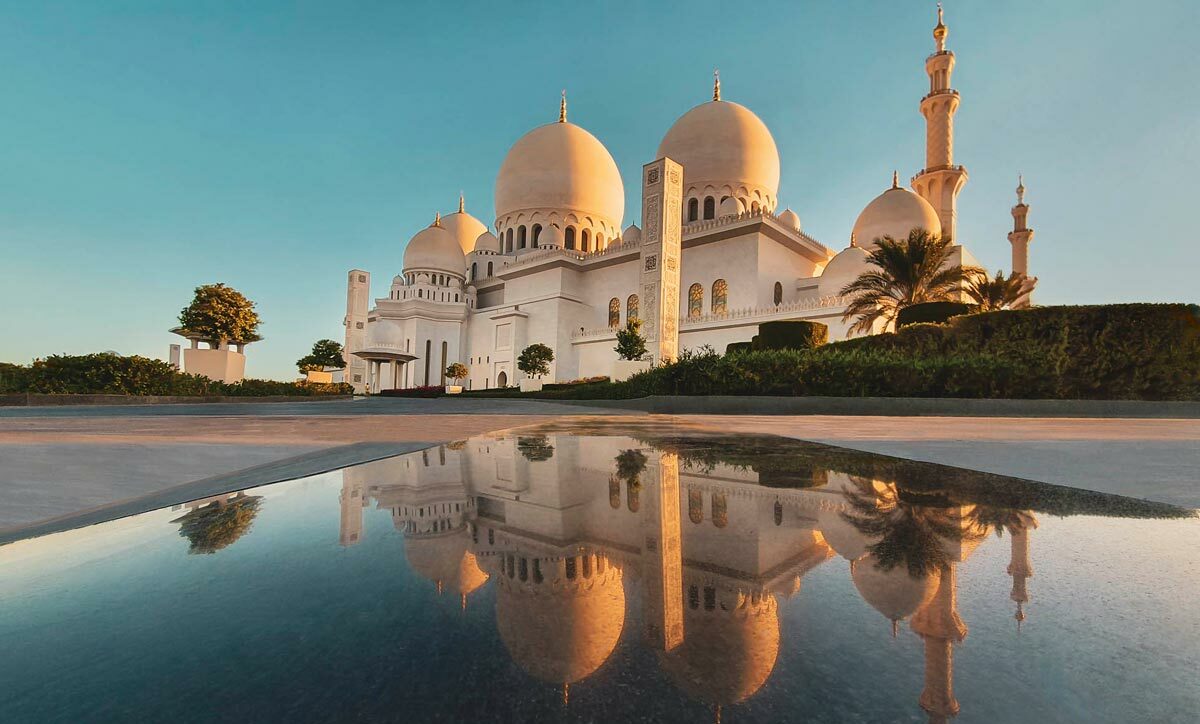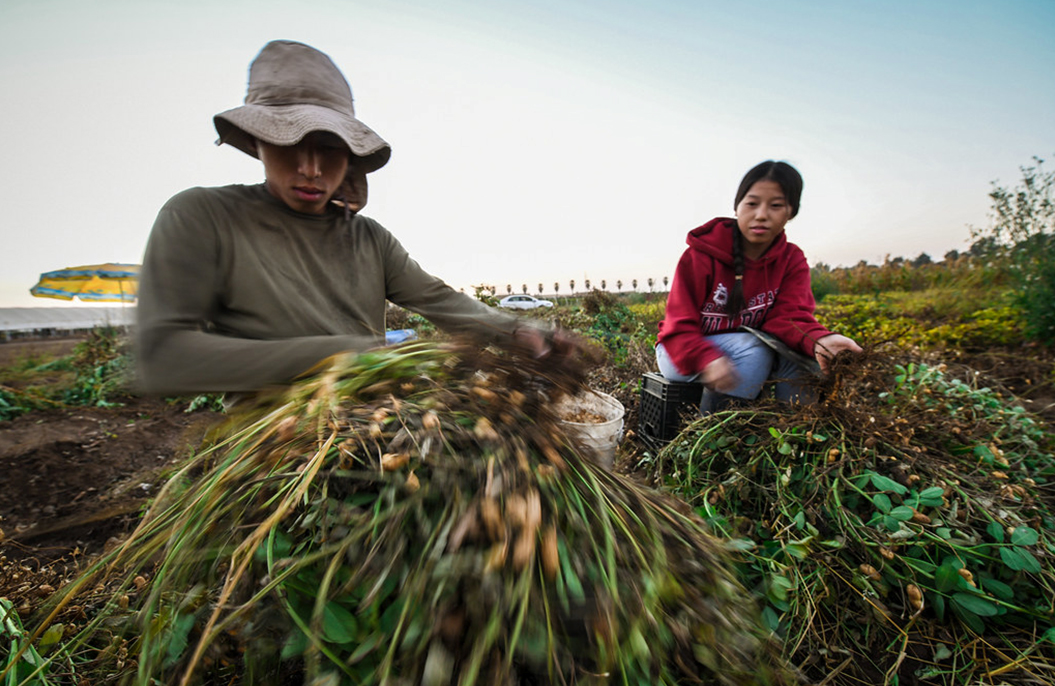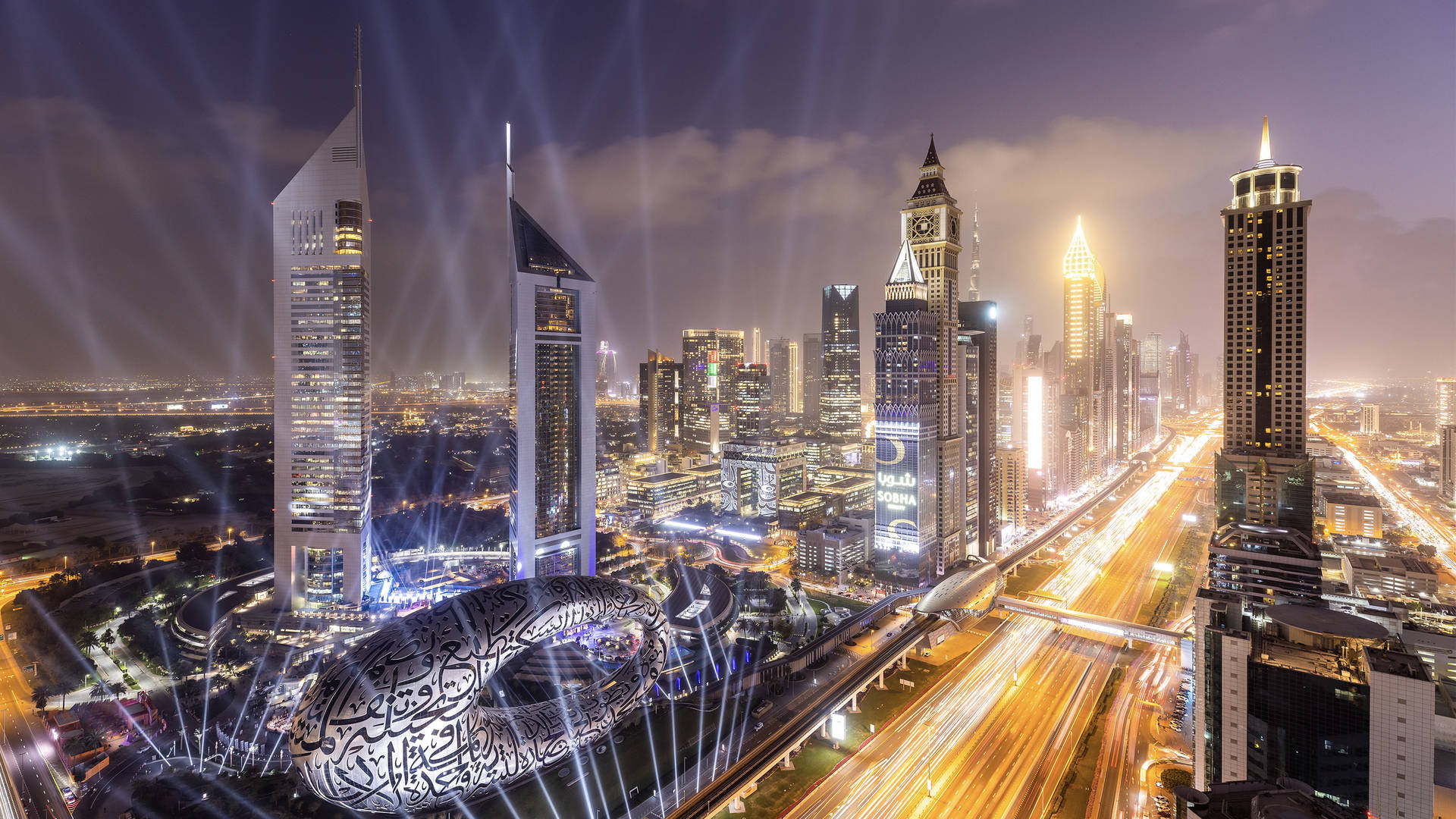Good Behavior Tips for Expats During Eid Al Adha in the Gulf Region
Eid Al Adha, known as the Festival of Sacrifice, commemorates Prophet Ibrahim’s willingness to sacrifice his son in obedience to God. Celebrated on the 10th to 12th days of Dhul Hijjah, the final month of the Islamic lunar calendar, it coincides with the Hajj pilgrimage to Mecca. In the Gulf region (UAE, Saudi Arabia, Oman, Bahrain, Qatar, and Kuwait), Eid Al Adha is marked by prayer, charity, animal sacrifice, and communal gatherings. For expatriates, respecting local customs during this sacred time is key to integrating respectfully into the community. Below are practical tips to ensure good behavior during Eid Al Adha.
1. Understand the Significance of Eid Al Adha
Eid Al Adha is deeply rooted in Islamic faith, symbolizing sacrifice, obedience, and charity. In the Gulf, it’s a time for families to come together, share meals, and distribute meat from sacrificed animals to the less fortunate. Expats should:
- Learn the basics: Understand that the holiday involves morning prayers (Eid Salah), animal sacrifice (Qurbani), and acts of charity. This knowledge shows respect for the cultural and religious context.
- Avoid insensitive remarks: Refrain from questioning or debating religious practices, especially the ritual of sacrifice, which is central to the holiday.
2. Respect Prayer Times and Public Observances
Eid Al Adha begins with special prayers at mosques, often early in the morning. In the Gulf, public life may pause briefly to accommodate these observances.
- Be mindful of mosque areas: Mosques in cities like Dubai, Riyadh, or Muscat will be crowded on Eid morning. Avoid unnecessary travel near mosques during prayer times (typically 5:30–7:00 AM) to respect worshippers.
- Expect adjusted schedules: Businesses, malls, and offices may have shorter hours or close entirely during the first day or two of Eid. Plan errands accordingly and avoid expressing frustration over closures.
3. Dress Modestly and Appropriately
The Gulf region values modesty, especially during religious holidays. Expats should:
- Follow local dress codes: Wear loose-fitting, conservative clothing that covers shoulders and knees, particularly in public spaces like malls, souqs, or residential areas. For women, consider headscarves in conservative settings like mosques or traditional neighborhoods.
- Avoid flashy attire: Bright or revealing clothing can be seen as disrespectful during this solemn occasion. Opt for neutral tones and simple outfits.
4. Be Considerate During Qurbani (Animal Sacrifice)
Qurbani, the ritual sacrifice of an animal (usually a sheep, goat, or cow), is a key aspect of Eid Al Adha. The meat is divided into three parts: for family, friends, and the poor. In the Gulf, this is often regulated and performed at designated slaughterhouses.
- Respect the practice: If you’re unfamiliar with Qurbani, avoid negative comments or reactions, as it’s a sacred act for Muslims. In countries like the UAE and Qatar, slaughtering is highly regulated for hygiene, so don’t be alarmed by the process.
- Accept invitations graciously: If invited to a local’s home to share Qurbani meat, accept with gratitude, even if you choose not to eat. Politely declining due to dietary preferences is acceptable, but express appreciation for the gesture.
5. Participate in Community and Charity
Eid Al Adha emphasizes giving back to the community, particularly to those in need. Expats can show goodwill by:
- Contributing to charity: Many countries in the Gulf region organize donation drives for food, clothing, or money during Eid. In the UAE, organizations like the Red Crescent accept contributions, while in Saudi Arabia, local mosques often coordinate aid. Even small donations demonstrate respect for the holiday’s spirit.
- Volunteering: Look for opportunities to volunteer with local charities distributing Qurbani meat or Eid gifts. In Oman and Bahrain, community centers often welcome expat participation in such initiatives.
6. Greet Locals Appropriately
Exchanging Eid greetings is a cherished tradition in the Gulf.
- Use the right phrases: Greet Muslims with “Eid Mubarak” (Blessed Eid) or “Eid Saeed” (Happy Eid). These are widely appreciated in the UAE, Qatar, and beyond.
- Be warm but respectful: When greeting colleagues or neighbors, a handshake (same gender only, unless initiated otherwise) or a nod with a smile is appropriate. Avoid physical contact with the opposite gender unless they initiate it, as customs vary.
7. Be Mindful of Public Behavior
Eid is a family-oriented holiday, and public spaces in the Gulf countries are filled with celebratory gatherings. Expats should:
- Avoid loud or disruptive behavior: Refrain from playing loud music or hosting boisterous gatherings in residential areas, especially in conservative countries like Saudi Arabia or Kuwait.
- Respect family spaces: Public areas like parks or beaches in Dubai, Doha, or Manama may host family events. Be courteous by keeping noise levels low and giving families space.
8. Adapt to Country-Specific Customs
While Eid Al Adha is celebrated similarly across the Gulf, each country has unique traditions:
- UAE: Expect vibrant public celebrations, including fireworks in Dubai and Abu Dhabi. Expats are welcome to attend community events at cultural centers like Sheikh Zayed Grand Mosque.
- Saudi Arabia: As the heart of the Islamic world, Saudi Arabia emphasizes religious observance. Expats in Riyadh or Jeddah should be especially mindful of prayer times and conservative dress.
- Oman: Known for its hospitality, Omanis often invite expats to family gatherings. Accepting such invitations with humility strengthens community ties.
- Qatar: Doha hosts public Eid festivals with food stalls and performances. Expats should join respectfully, avoiding alcohol or behavior that could be seen as inappropriate.
- Bahrain: The multicultural atmosphere allows expats to participate in open events at places like Bahrain Fort. Be sensitive to local norms, especially in traditional areas.
- Kuwait: Family visits dominate Eid, so public spaces may be quieter. Expats should respect the focus on private celebrations and avoid intruding.
9. Plan for Travel and Work Restrictions
Eid Al Adha is a public holiday lasting 2–4 days in most Gulf countries, with Saudi Arabia often extending it due to Hajj. Expats should:
- Check holiday schedules: Government offices, schools, and many businesses close. In the UAE, private sector employees typically get 2–3 days off, while Saudi Arabia may grant up to a week.
- Avoid unnecessary travel: Roads and airports, especially in Saudi Arabia during Hajj, can be congested. Plan travel outside peak times to avoid delays.
10. Embrace the Opportunity to Connect
Eid Al Adha is a time of unity and generosity, offering expats a chance to build bridges with locals.
- Join celebrations respectfully: If invited to an Eid gathering, bring a small gift like dates or sweets (widely available in markets like Souq Waqif in Qatar or Muttrah Souq in Oman). Express gratitude for the hospitality.
- Learn from locals: Engage in conversations about Eid traditions to deepen your understanding. This shows genuine interest and strengthens relationships.
Final Thoughts
As an expat in the Gulf during Eid Al Adha, your willingness to respect and embrace local customs will be greatly appreciated. By dressing modestly, greeting others warmly, and participating in the holiday’s spirit of charity and community, you can honor this sacred occasion and build meaningful connections. Eid Mubarak!
Modern agriculture often feels caught between two worlds: ancestral knowledge passed through generations and digital systems built in laboratories and data centers. Yet these worlds are not opposites.
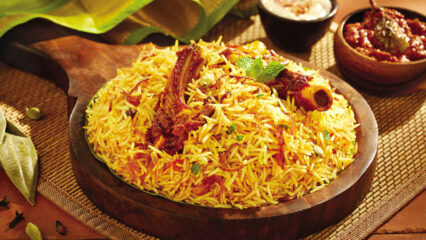 How to Cook a Great Biriyani: A Culinary Journey Through India and the UAE
How to Cook a Great Biriyani: A Culinary Journey Through India and the UAE
Biriyani, a fragrant rice dish layered with spiced meat, vegetables, or seafood, is a culinary icon of South Asia, particularly India. This article explores what biriyani is, its regional variations across India, how to cook an authentic biriyani at home, and the best places in the UAE to savor it.
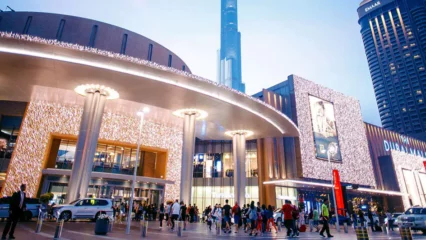 Shopping in the UAE: A Traveler’s Guide to Malls, Markets, and Everyday Convenience
Shopping in the UAE: A Traveler’s Guide to Malls, Markets, and Everyday Convenience
The UAE is a shopper’s paradise, but it’s also incredibly practical for everyday purchases. Here’s a deeper look into how shopping works for travelers in the UAE — from high-end malls to local markets and delivery apps.
 Holistic Health Activities in Dubai: A Growing Wellness Trend
Holistic Health Activities in Dubai: A Growing Wellness Trend
Dubai has rapidly become a global hub not just for business and luxury, but also for health and wellness. With a strong push toward healthier lifestyles and the rising popularity of alternative medicine, holistic health activities in Dubai are attracting both residents and visitors alike.
Dubai has rapidly become a global hub not just for business and luxury, but also for health and wellness. With a strong push toward healthier lifestyles and the rising popularity of alternative medicine, holistic health activities in Dubai are attracting both residents and visitors alike.
The UAE summer is no joke—temperatures can soar above 45°C, and the humidity can make it feel even hotter. Here are eight practical and trendy tips to help you beat the heat and thrive during the UAE’s scorching summer months.
In the heart of Dubai’s Palm Jumeirah, Genatsvale, a Georgian restaurant with its own story to tell, invites everyone to experience Georgia in a way that goes beyond being just food, but also about connection, celebration, and sharing.


